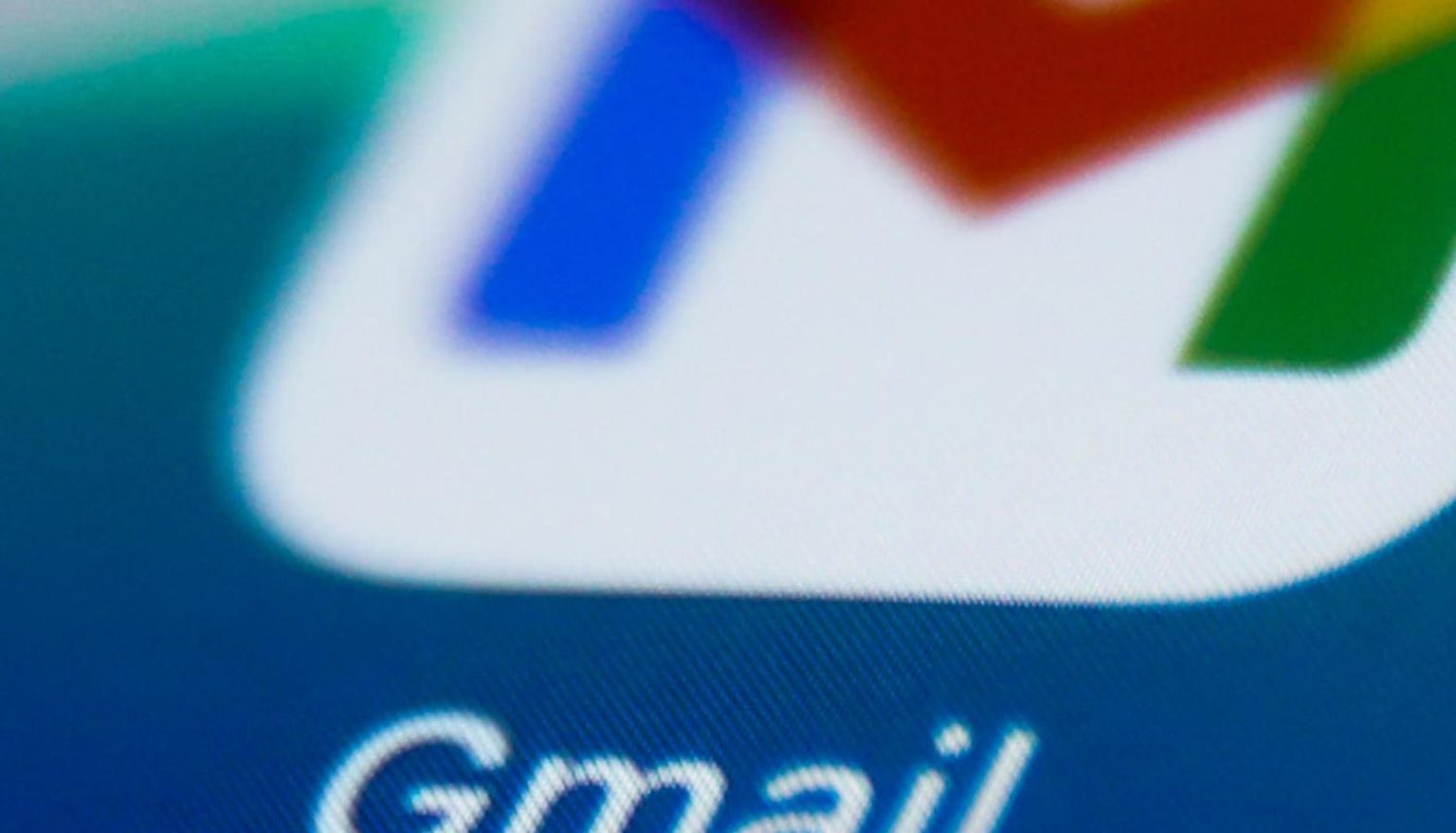Google is rolling out Gemini, an AI-powered reply suggestions feature, to Gmail on Android, targeting mobile users with different functions and risks compared to its desktop version. The Android app offers three suggested replies for each email, showcasing more sophisticated auto replies than what users are used to. These suggestions imply that Gemini has read users’ emails, even if they haven’t. Privacy and security concerns arise with the analysis of private email messages to formulate replies and context, reflecting the emerging debate on hybrid AI and the balance between local device analysis and cloud-based analysis.
Users of Google Workspace Labs are warned about potential privacy risks associated with AI offerings, with data potentially being sent to the cloud, stored, and reviewed by humans. While Workspace Labs is opt-in for users who want to experiment and help develop new tools, they are advised not to include personal, confidential, or sensitive information in their prompts. Google emphasizes that only a small percentage of overall users participate in the program and are notified and asked for permission before their data is used to improve services and models.
As mobile devices become the new privacy and security battleground for AI, the specific implications of AI in Gmail and Google Messages, along with other Gemini applications, need to be clarified for users to understand the risks involved. Google states that user consent will always be required before accessing personal data for AI features, such as Gemini, and that clear notifications will be provided regarding data use. Users are advised to avoid entering confidential information in conversations with cloud-based AI applications and to await specifics on what data, if any, leaves their smartphones in the context of confidential information in apps like Gmail.
The potential rollout of Gemini on Gmail for Android has sparked interest in whether it will also come to iPhone, although it is unlikely that Google will be analyzing messages within Apple’s native apps like Mail or iMessages. The pre-release nature of the Gmail update leaves uncertainty regarding timing, functionality, and availability, but Google’s commitment to privacy is highlighted. Users are urged to understand the risks associated with using generative AI and to read relevant privacy policies when available to make informed decisions about their data privacy and security while using AI-powered features.


